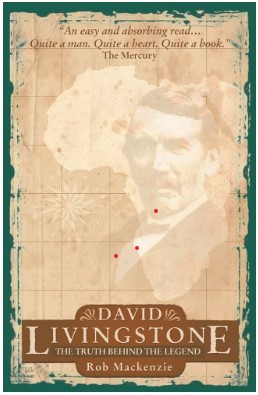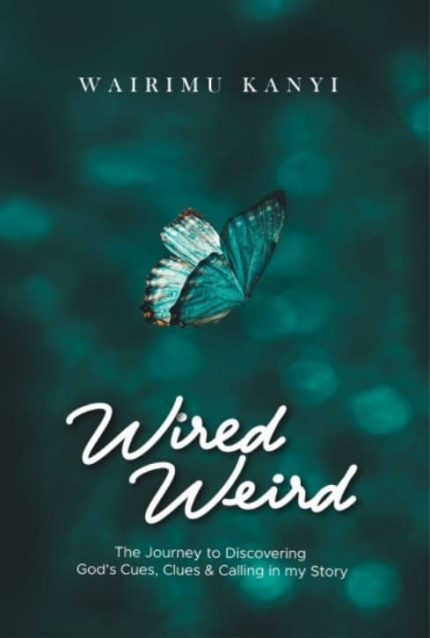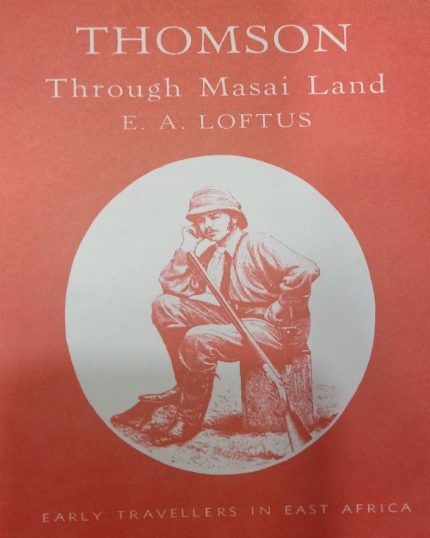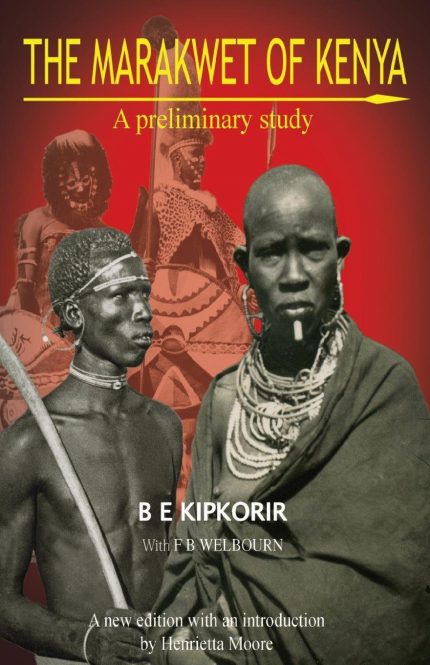Set among the Abagusii of Kenya at the onset of independence in Africa, Jeremîré Araka’s My Roots is an extraordinary story of postcolonial migration and the characters’ struggle to negotiate their existence in the disparate cultures that assailed Africa during and after colonization.
Otenyo, as Chief Ongoro’s first son, is the entitled heir to his father’s throne. Colonialism and Christianity, however, have infected native customs and traditions, especially among those who have attained formal education such as Otenyo and his sisters who have excelled in modern education undergirded by Christian values. Otenyo acquires outstanding credentials in America where he also meets and marries an American woman, jilting a childhood flame whom he had left – so far unknown to him – pregnant with a daughter. All the successes with education and in the professions, however, further alienate Ongoro’s children from their culture and traditions that have stood the test of time and served their society well. Torn between two worlds and rooted in neither, despite their academic success, their family faces mysterious deaths, countless ailments, baffling mishaps and many incomprehensible happenings whose solutions are deemed only explainable in the traditions of their people.
This story gives the reader insights into the accounts of an immediate pre- and post-independent African state and the journey that Otenyo had unseeingly set out into the distant lands and upon his return, but now in search of his roots. Will the search for his roots succeed? How will his people, who have long-awaited his return, receive him? What of his estranged fiancé, Keruboo? Readers will conclude this book with a sense of awe-inspiring amusement.
What others say about My Roots
“My Roots is a searing memoir painted on a leather that is a vivid, revelatory, thoroughly original and compelling account of postcolonial migration and the characters’ battle to negotiate their existence in the mosaic of cultures that assailed Africa during colonialism and immediate post-colonialism.” – Omwami Prof. Dietrick Kaijanangoma, Author, Analyst, Distinguished communication scholar, St. Augustine University of Tanzania, Mwanza.











